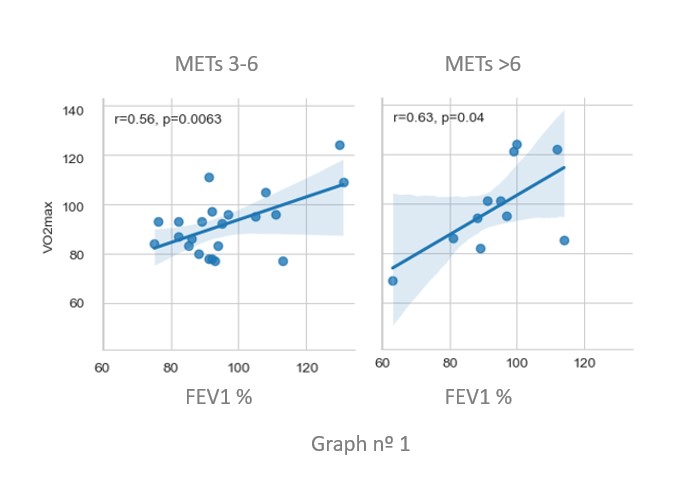Abstract
Introduction: Staying, spending long periods, working or living at high altitude results in adaptive physiological changes in response to the hypobaric hypoxia situation. The changes produced as a consequence of accommodation and acclimatization may give rise to physiological and/or pathophysiological alterations depending on the altitude, the time spent at altitude, the intensity of the activity carried out and individual characteristics.
Main objective: to study the health effects of working at high altitude in a cohort of workers at the Sierra Nevada Ski Resort, depending on the time worked, the environmental conditions, the type of activity performed and individual characteristics.
We studied 127 workers of the Sierra Nevada Ski Resort in Granada, Spain, who voluntarily participated in the study. In this paper we present partial results for a group of 57 men who have been studied.
Methods: medical history and physical examination, spirometry, basic blood tests, low-radiation CT, ECG and ergo-spirometry are performed. Volunteers wear werables that record actimetry, saturation and heart rate for a period of at least 15 days, 24 hours per day, in the first phase of the study.
Results: We found a direct correlation between oxygen consumption (VO2max) and work intensity at altitudes above 2500 m in respect to FEV1
People with better lung function have a higher oxygen consumption which means that they are better adapted to high-altitude exercise
